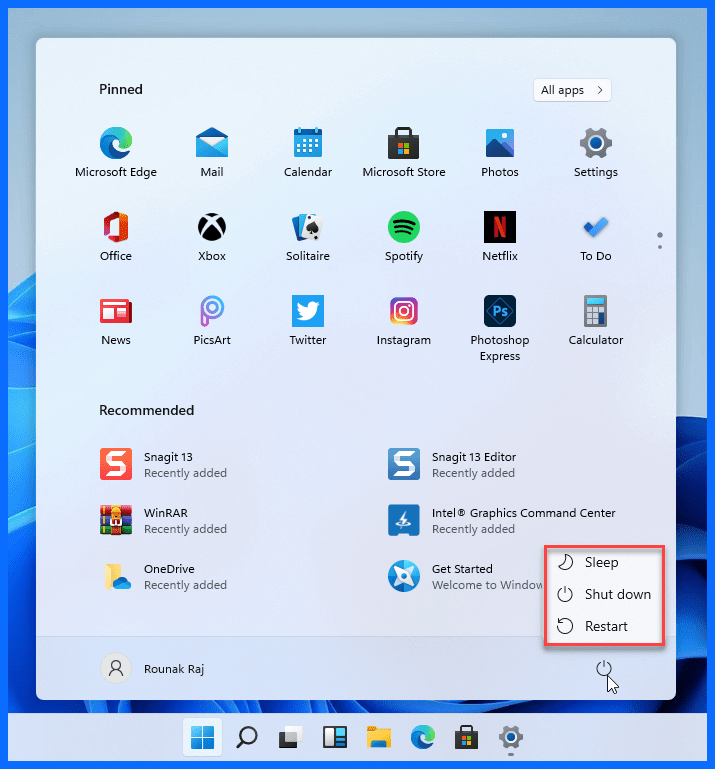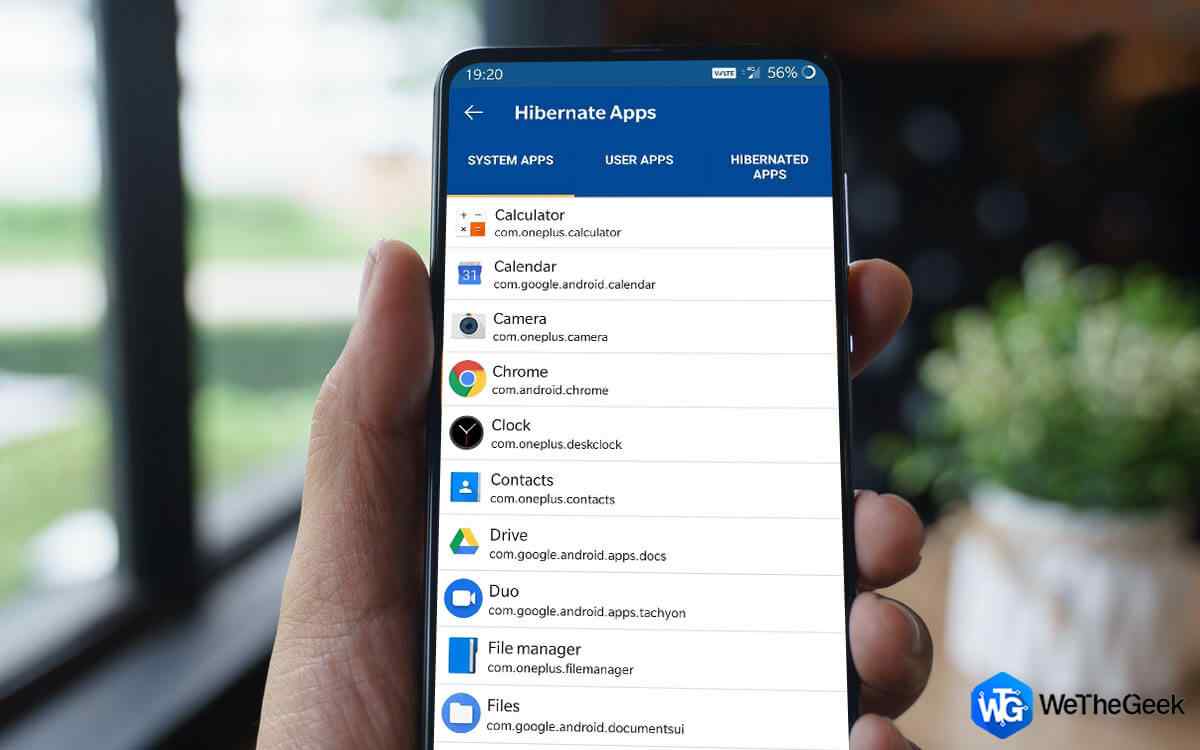



When we hibernate the computer, Windows saves everything we have currently open in a special file on our hard drive (hiberfil.sys) so that the moment we wake it up, it will be able to show us everything as we had it before. Therefore, it is an option that we must use when we are going to be for a long period of time without using the equipment and we want to return to having everything as we had it before we stopped using it when we woke it up. Yes, it is true that the process is somewhat slower than the suspend process, but it allows us to return to how we were just before hibernating the computer. Windows 10 hibernation is a system energy saving mode that uses less energy than the sleep process, and also allows us to return to having everything as we had before bringing our computer to this mode. Advantages and disadvantages of activating hibernation What is hibernation.How to activate hibernation in Windows 10.

Since the feature was spotted on a leaked build of Android 12, it’s not clear whether the feature will appear in a future Developer Preview of Beta build of the new version of Android. The option toggle that would otherwise read “auto revoke permissions” now reads “remove permissions and free up space.” As seen in the second screenshot above. You can see what happens under “If an app is unused for a few months:” in the last screenshot above. The auto-hibernate feature is spotted in the “Unused Apps” page within Settings > Apps. This move will help free up devices’ available storage space depending on the app that’s being hibernated. Now, with a new auto-hibernate feature (which XDA managed to enable), in addition to revoking permissions granted to an app, the OS will also automatically place the app in hibernation and delete any temporary files associated with the app. If you don’t use an app for a period of two months, it will automatically revoke any permissions granted. Thanks to the folks over at XDA-Developers, a new expansion of this feature has been discovered on a leaked build of Android 12. On Android 11, a feature was introduced called ‘auto revoke permissions’ that can automatically revert app permissions granted to an app if the app has not been used for an extended period.


 0 kommentar(er)
0 kommentar(er)
